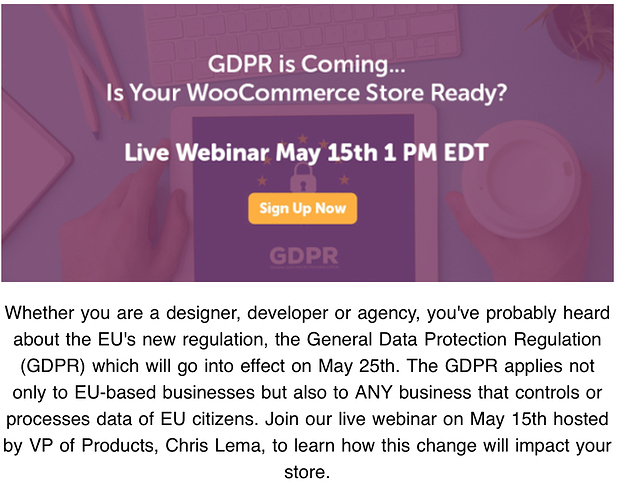The Patriot Act is the law the government uses to collect insane amounts of personal data about you. You have no right to object to it, and you have no right to know what they have collected or what they are doing with it. You have no right to request a copy of that data and no way to request that they delete it.
Under very limited circumstances, this used to be true, but they never collected anything resembling “insane amounts of personal data about you.” The very limited circumstances were narrowed even further after the FBI executed a little over 24,000 requests in 2010, which is a lot less than the amount of information Facebook, Google, Snap, internet service providers, etc., etc., collect from billions and billions of individuals every second.
Any information gathered via the Patriot Act information limited an is also sealed from unauthorized personnel until it is released by a court. Until then, it is not shared with third parties outside the US intelligence and law enforcement services, and probably would not be unless requested by the Freedom Of Information act.
"After the Patriot Act expanded the scope of NSLs as described above, their use began to rise. The Department of Justice reported to Congress that in 2010 the FBI made 24,287 NSL requests (excluding requests for subscriber information only).
NSLs give rise to privacy concerns and, according to critics, the potential for abuse, for several reasons. First, the FBI may issue NSLs on its own initiative, without the authorization of any court. (This was true even before the Patriot Act.) Nothing in the Patriot Act provides for any judicial review of the FBI’s decision to issue an NSL. Second, the NSL statutes impose a gag requirement on persons receiving an NSL. In addition, the Attorney General Guidelines and various information sharing agreements require the FBI to share NSL information with other federal agencies and the US intelligence community.
The Reauthorization Act tried to redress some of these concerns. It provided a right to judicial review of NSLs and a right to petition a court to lift the gag order. The Reauthorization Act also provided criminal penalties for violating gag obligations with the intent to obstruct an investigation.
So where does this complex statutory scheme leave cloud users? While the use of NSLs is not uncommon, the types of data that US authorities can gather from cloud service providers via an NSL is limited. In particular, the FBI cannot properly insist via a NSL that Internet service providers share the content of communications or other underlying data. Rather, as set forth above, the statutory provisions authorizing NSLs allow the FBI to obtain “envelope” information from Internet service providers. Indeed, the information that is specifically listed in the relevant statute is limited to customers’ name, address, and length of service.
The FBI often seeks more, such as who sent and received emails and what websites customers visited. But, more recently, many service providers receiving NSLs have limited the information they give to customers’ names, addresses, length of service and phone billing records. “Beginning in late 2009, certain electronic communications service providers no longer honored” more expansive requests, FBI officials wrote in August 2011, in response to questions from the Senate Judiciary Committee.
Although cloud users should expect their service providers that have a US presence to comply with US law, users also can reasonably ask that their cloud service providers limit what they share in response to an NSL to the minimum required by law. If cloud service providers do so, then their customers’ data should typically face only minimal exposure due to NSLs."
https://www.mayerbrown.com/publications/the-usa-patriot-act-and-the-privacy-of-data-stored-in-the-cloud-01-18-2012/
I suppose some people simply think that anything that governments do is ipso facto good and justified. Or perhaps they believe that the government never misuses data to the harm of citizens, such as creating extra-judicial no-fly lists with no appeal process.
I am definitely not one of those people at all. And I am not one of those people who wears a tinfoil hat or believes in conspiracy theories.
Marilyn
